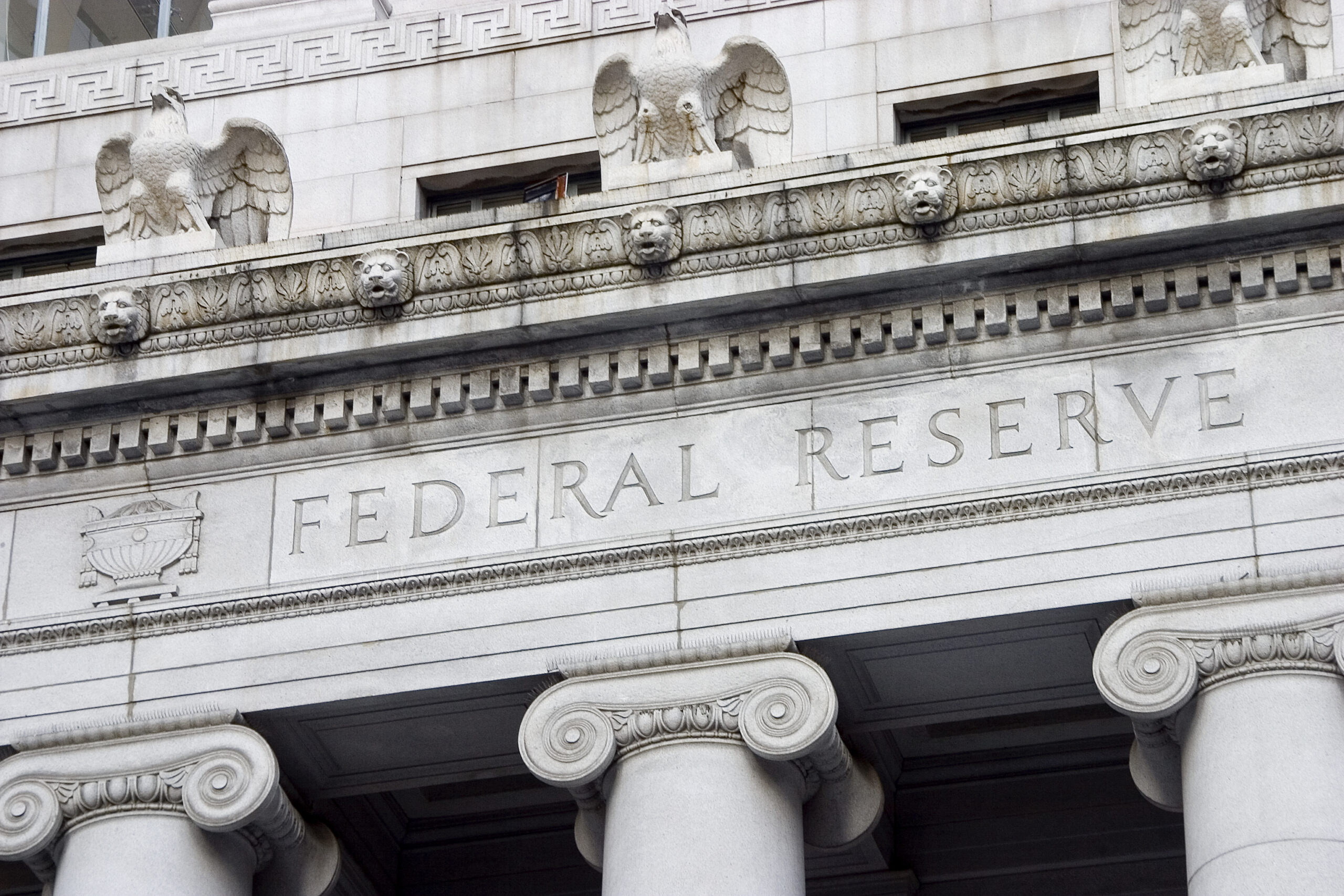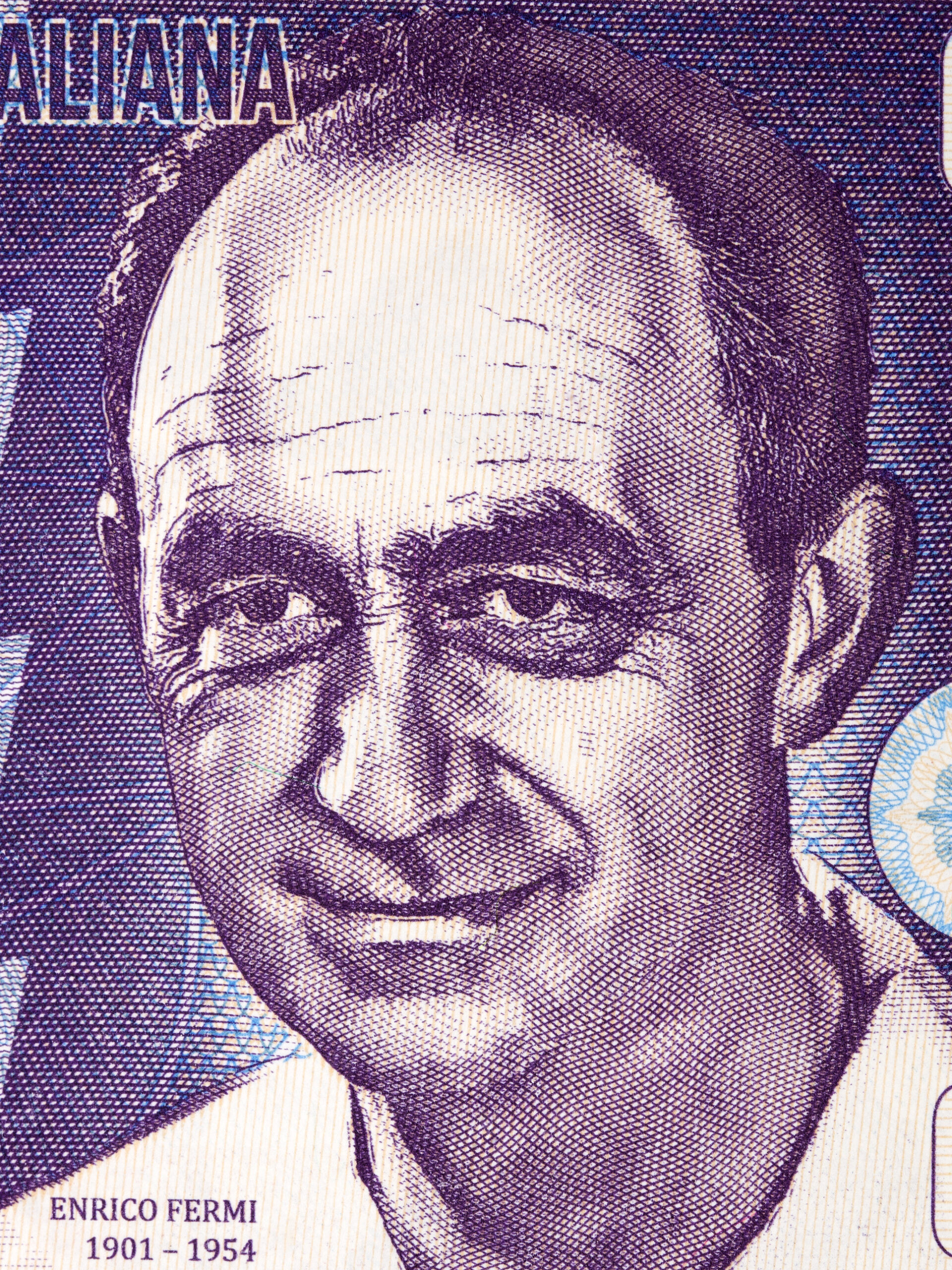What do bitcoin Exchange Traded Funds mean for public companies?
More competition for those dollars you chase with your story.
A number of you emailed or texted similar thoughts after the SEC faceplanted into approving the instruments last week (a supposed “hacked” announcement on X that was official the next day anyway).

Photo 50373701 | Iceland © Surangaw | Dreamstime.com
ETFs have permitted investors to choose any number of things besides US equities as investments – bonds, commodities, options, futures, international markets, every conceivable slice of industry or sector instead of specific names, leveraged directional plays, you name it.
And now, bitcoin.
And it’s ironic. Because it proves a thing by its opposite. Bitcoin stakes its legitimacy as a semaphore of the distributed economy on its finite quantity. About 19.6 million of the total electronically limited supply of 21 million bitcoins have been mined. The laws of scarcity and choice at work.
ETFs expand access to that finite supply, gutting the point of bitcoin. ETFs expand access to all asset classes for which they’re approved. They don’t create more of the product they consume. They create more ETF shares to chase it.
They’re the securities equivalent of a central bank, endlessly churning out currency.
Then they depend on an “arbitrage mechanism” to sustain a similar price with the asset they’re supposed to track. Just as central banks other than the Federal Reserve are forced to create more currency to buy dollars, the world’s only so-called “reserve” currency (reserve banking is the purposeful endless expansion of currency).
I find it fascinating that the SEC, the regulatory body meant to ensure that the stock market exists for issuers and their investors, is the reason it’s now festooned with a great mass of things besides issuers and their investors.
Principally arbitrage.
Arbitrage is buying and selling the same things at different prices. The more ETFs there are, the more the underlying assets, from stocks to bitcoin, will reflect prices derived from arbitrage – the constant churning of ETF prices versus the assets they track.
There are over 3,000 ETFs trading in the US stock market, which is more than the companies in the Russell 3000, which is 99.9% of equity market cap. Not counting all the ETFs tied to bonds, commodities, international stocks, futures, options, etc.
And now, bitcoin.
ETFs are the opposite of bitcoin. They are infinitely elastic. ETFs are created in whatever quantity is needed to permit the money interested in chasing whatever thing it is the ETF buys to do so. Perhaps the only commonality is that neither bitcoin nor ETFs have any intrinsic value. They’re substitutes for other things.
The Investment Company Institute says that as of November 30, 2023, there are $7.6 trillion of assets in US-traded ETFs. In November alone, nearly $360 billion worth of ETF shares were created, about $250 billion redeemed, for $100 billion more of ETF “currency,” the net difference.
That brings the 2023 total with one month of data yet to go (it’s delayed about two months) to $5.9 trillion of total creations and redemptions, an average of $540 billion per month, and a net spread of nearly a half-trillion dollars of new ETF shares.
No public company telling a story can compete with that. And stocks go up no matter what happens to the economy or monetary policy or global geopolitical stability. ETFs are the mechanism for the Inflation of Everything.
Really, why even bother targeting investors? It’s like whispering into a jet engine.
What could go wrong? Beyond why public companies would permit the market they depend on for capital-raising and liquidity to fill up with arbitrage, securities that have no supply-limitation inevitably distort both the perception and the understanding of value.
And arbitrage is not an enduring pricing mechanism.
I’ve talked before about the risks of ETFs. I’m not chewing my fingernails waiting for them to implode. Karen and I have significant investments in the US stock market too. I trade leveraged ETFs. If we’re going to have ubiquitous arbitrage, I’ll profit on it.
And we provide quantitative data for navigating it to retail and institutional investors.
But it’s like living in Grindavik. And I mean that somberly. The people of that picturesque Icelandic village have been displaced by severe seismic events. We’ve been to the Blue Lagoon, five kilometers away. It’s fabulous.
But it sits on hot lava. You have to know that when you reside near lava, it might consume your home at some point. We all need to understand that the market we depend on for our livelihoods is festooned with arbitrage. Hot lava.
And it’s unmoored from its previous purpose. At some point, arbitragers will quit, and ETFs will collapse, or some meaningful number of them. And hot lava will burn a bunch of stuff up.
And we’ll get back to a proper market again. But it will not be a pleasant metamorphosis, or apocalypse.
I hope all of us currently dependent on this market will have long moved on. Of course, that’s the hope of the central bankers, too.





